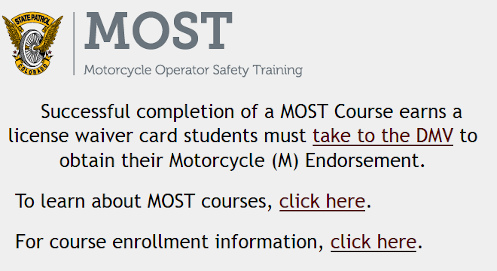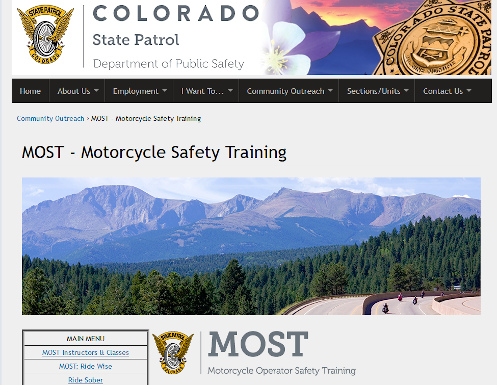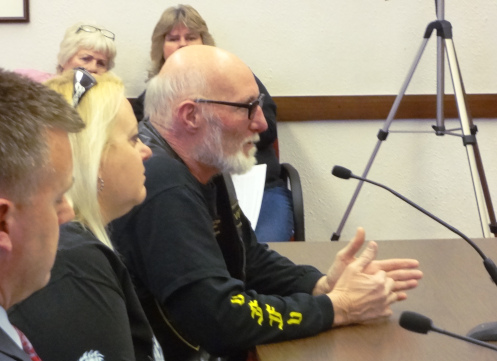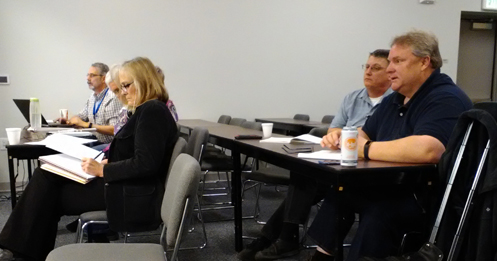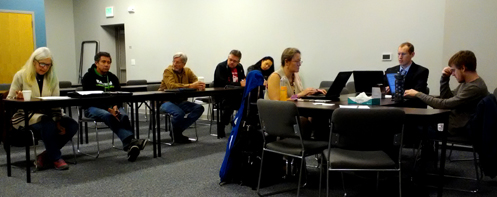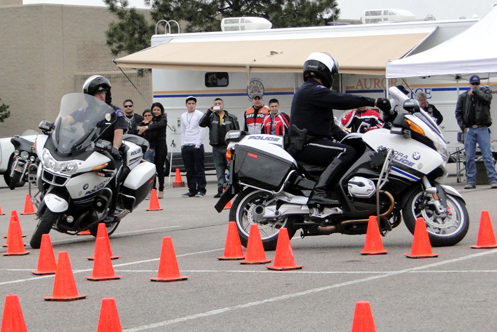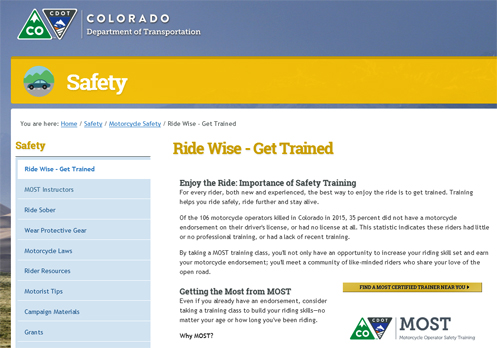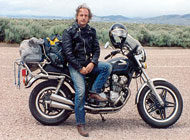Hands-Free Bill Hearing Upcoming; MOST Update
Thursday, March 12th, 2020If you care about passing the hands-free bill that would prohibit a lot of this nonsense of cagers killing bikers because they’re on their cell phones the time is now to contact your state representatives. I’ll just insert what Stump sent out.
The important information this week is about SB20-065 (Use of Mobile Electronic Devices While Driving). The Bill will be heard by the House Transportation & Local Government Committee on Wednesday, March 18, in the Legislative Services Building (200 E 14 Ave on the first floor, conference room on the left as you enter the building). The meeting starts @ 1:30 pm and right now it is scheduled 2nd on the agenda. Below is a list of the committee members. Please contact them asking for their support of the bill. ABATE’s official stance is to support the bill, as it will make our roads safer, but of course, you always have the option to represent yourself and oppose it.
Matt Gray, Chair matt@matthewgray.us 303-866-4667
Tony Exum tony.exum.house@state.co.us 303-866-3069
Terri Carver terri.carver.house@state.co.us 303-866-2191
Marc Catlin marc.catlin.house@state.co.us 303-866-2955
Meg Froelich meg.froelich.house@state.co.us 303-866-2921
Edie Hooton edie.hooton.house@state.co.us 303-866-2915
Stephen Humphrey rephumphrey48@yahoo.com 303-866-2943
Jovan Melton jovan.melton.house@state.co.us 303-866-2919
Alex Valdez alex.valdez.house@state.co.us 303-866-2925
Donald Valdez donald.valdez.house@state.co.us 303-866-2916
James Wilson representativewilson@gmail.com 303-866-2747
Last year this bill passed the Senate but died in the House. We need to make sure it passes this time.
Not surprisingly, the bill to renew the Motorcycle Operator Safety Training (MOST) was approved and passed along to the House Finance Committee. Why do we have the Sunset review law if bureaucracies are renewed without any real consideration of their ongoing merit? Why can’t we just let them die?
Once the Finance Committee rubber-stamps it the bill will go to the full House. Contact your legislators and tell them it needs to die.
Biker Quote for Today
You might be a Yuppie biker if you have doubled the weight of your bike with bolt-on chrome.
